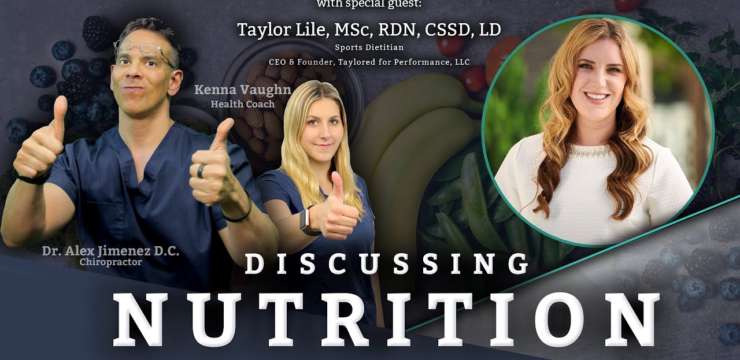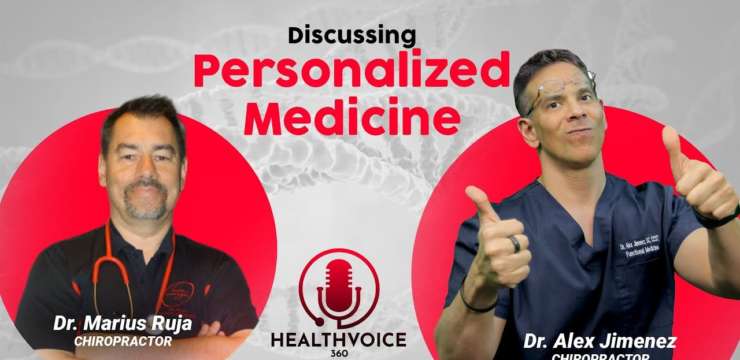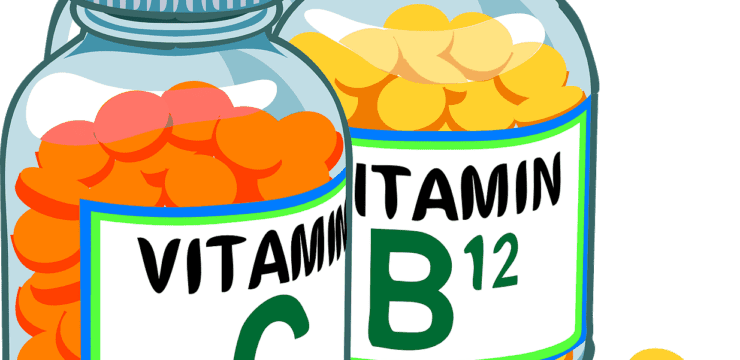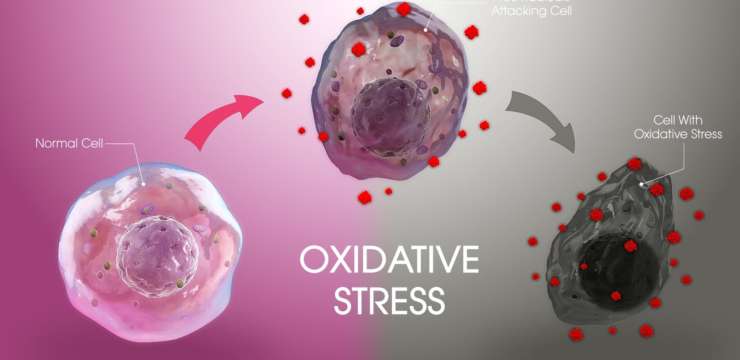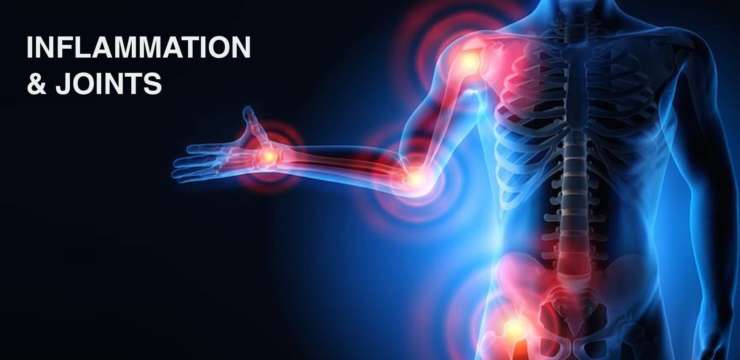As we know, some individuals have a harder time regulating their mood and emotions than others do. This is highly connected to their genetic predisposition. Mental health falls under the neuropsychiatric disorder umbrella and accounts for up to 25% of all disability-adjusted life years. The genetic predisposition an individual has contributes to the risk of developing a mental health disorder. By using genetic testing, we have the ability to see if a patient is at risk for depressive disorder, bipolar disorder, anxiety, and PTSD. We use the DNA Mind test by DNA Life.




